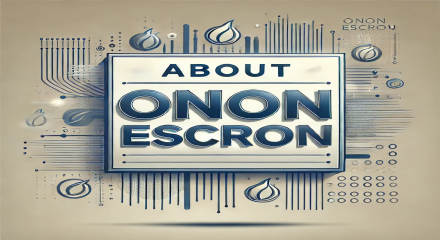
What Are Escrow Services and How Do They
What Are Escrow Services and How Do They Work?
Introduction
Escrow services play a crucial role in modern transactions by ensuring security and trust between parties involved in financial or asset exchanges. These services are used in various scenarios, from real estate deals and online purchases to complex business transactions. Understanding how escrow services work can help individuals and businesses make informed decisions and protect their interests.
What Is Escrow?
Escrow is a financial arrangement where a third party, known as the escrow agent, holds funds or assets on behalf of two parties involved in a transaction. The escrow agent only releases the funds or assets once all the terms and conditions of the agreement have been met. This arrangement provides a layer of security and trust, especially in transactions where the parties may not have a pre-existing relationship or when the deal involves large sums of money or valuable assets.
How Does Escrow Work?
Agreement on Terms: The process begins when the buyer and seller agree on the terms of the transaction. This includes the price, delivery conditions, and any other relevant terms. These terms are typically documented in a contract or agreement.
Deposit into Escrow: Once the agreement is in place, the buyer deposits the agreed amount into the escrow account. This account is managed by the escrow agent, who is a neutral third party. The escrow agent ensures that the funds or assets are securely held until the conditions of the agreement are fulfilled.
Fulfillment of Conditions: The seller then fulfills their part of the agreement, such as delivering the goods or services as specified. In some cases, the seller may need to provide additional documentation or meet specific criteria before the transaction can proceed.
Verification and Release: Once the seller has met all the conditions, the buyer verifies that everything is in order. If the buyer is satisfied, they inform the escrow agent to release the funds or assets to the seller. If there are any disputes or issues, the escrow agent may mediate to resolve them.
Completion: After the funds or assets are released to the seller, the transaction is considered complete. The escrow agent provides a final statement or report detailing the transaction, including any fees charged for their services.
Benefits of Using Escrow Services
Security: Escrow services provide a secure way to handle transactions, reducing the risk of fraud and ensuring that both parties fulfill their obligations before any exchange of funds or assets.
Trust: By involving a neutral third party, escrow services help build trust between buyers and sellers, especially in transactions where parties may not have a previous relationship.
Dispute Resolution: In case of disputes, the escrow agent can help mediate and resolve issues, ensuring that the transaction is completed fairly.
Professional Handling: Escrow agents are experienced professionals who manage the transaction process, handle documentation, and ensure compliance with the agreed terms.
Types of Escrow Services
Real Estate Escrow: Used in property transactions, real estate escrow services hold the buyer's deposit and ensure that all conditions related to the property sale are met before transferring ownership.
Online Escrow: Common in e-commerce and online transactions, online escrow services protect buyers and sellers by holding funds until the buyer confirms receipt of goods or services.
Business Escrow: Used in business acquisitions or mergers, business escrow services handle large sums of money and complex agreements, ensuring that all conditions are met before the transaction is finalized.
Conclusion
Escrow services are an essential tool for ensuring security, trust, and fairness in various types of transactions. By understanding how escrow works and the benefits it offers, individuals and businesses can make informed decisions and protect their interests in financial and asset exchanges.




